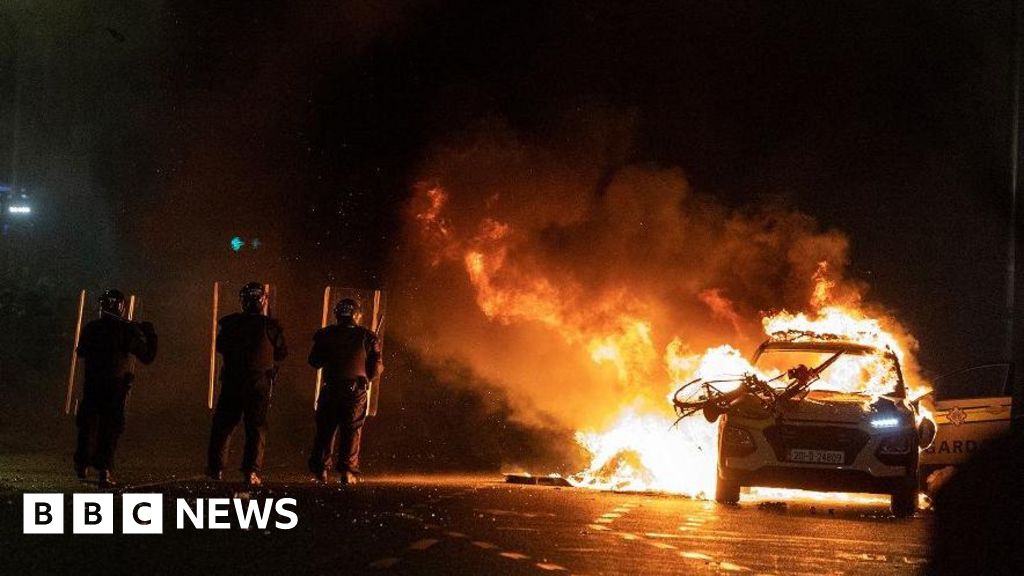ASEAN Defense Chiefs Convene in Vientiane Amid Rising Maritime Tensions with China
VIENTIANE, Laos (AP) — Southeast Asian defense ministers and representatives gathered in Vientiane on Wednesday for crucial security discussions, focusing on escalating maritime disputes with China in the Asia-Pacific region. The two-day meeting comes at a pivotal moment as the incoming U.S. administration prepares for a leadership transition, with U.S. Secretary of Defense Lloyd Austin poised to join the talks.
Austin recently concluded discussions in Australia with defense officials from Japan and other key allies, where they collectively expressed serious concerns regarding destabilizing activities in the East and South China Seas, notably actions perceived as aggressive by the People’s Republic of China towards vessels from the Philippines and other nations.
In addition to the United States, high-level delegations from Japan, South Korea, India, Australia, and China are actively participating in the ASEAN engagements. The forum reflects the growing apprehension among member states regarding China’s assertive territorial claims, particularly in the South China Sea, a region also claimed in parts by Brunei, Malaysia, Vietnam, and the Philippines.
Opening the talks, Laotian Defense Minister Chansamone Chanyalath emphasized the imperative for constructive dialogue, stating, “I hope for productive meetings that will become a standard for us to continue ASEAN’s cooperation in defense, including how to handle, thwart, and manage security threats in the present and in the future.”
Despite ongoing negotiations between ASEAN nations and China on establishing a binding code of conduct for behavior in the South China Sea, progress has been stymied by conflicting interests. Officials aim to finalize the code by 2026, but discussions have faced persistent challenges, particularly surrounding the enforceability of the agreement.
Philippine President Ferdinand Marcos Jr. has advocated for greater urgency in these negotiations, highlighting ongoing concerns about his country’s security. He voiced frustrations during a recent ASEAN leaders’ meeting, asserting that the Philippines continues to endure "harassment and intimidation" from Chinese maritime forces, actions that he claims contravene international law. This year alone has seen multiple clashes between Chinese and Philippine vessels, further elevating tensions. In an alarming incident last month, Vietnam accused Chinese forces of assaulting its fishermen in disputed waters. Additionally, China has deployed patrol vessels into territories claimed by Indonesia and Malaysia as part of their exclusive economic zones.
As defense ministers convene in Vientiane, the overarching objective remains clear: to strengthen regional security frameworks amidst heightened geopolitical rivalries, with all eyes on the evolving dynamics as the region looks toward the future leadership of the United States.
Questions for Interview:
1. How significant do you view the ongoing security discussions among ASEAN defense ministers amidst rising maritime tensions with China? What are the critical components of these discussions?
2. In your perspective, what are the primary security challenges facing the Asia-Pacific region, and how can collaborative efforts by ASEAN member states help mitigate these threats?
3. How does the participation of the US Secretary of Defense in these meetings impact the overall dynamics of the discussions? What insights or contributions do you foresee him bringing to the table?
4. How do you assess the progress made so far in establishing a binding code of conduct for behavior in the South China Sea? What challenges remain, and what steps can be taken to overcome them?
5. As a defense expert, what are your thoughts on the ongoing maritime disputes between China and ASEAN member states? Do you believe the negotiations for a binding code of conduct will be successful, and if so, what should be the key focus areas?
6. How important is it for ASEAN member states to maintain strong relations with external partners like Japan, South Korea, India, and Australia during a time of heightened tensions? What role do you think these countries play in ensuring regional stability and security?
7. The Philippines has been particularly vocal about its concerns regarding Chinese aggression in the South China Sea. How would you evaluate the current situation from a Laotian perspective, and what measures can Laos take to contribute to regional stability in this regard?
8. As the US prepares to transition its leadership, what impact do you foresee on security cooperation in the Asia-Pacific region, particularly in the context of China’s growing influence? How can ASEAN member states maintain strategic flexibility during this time?

